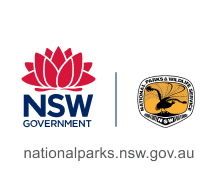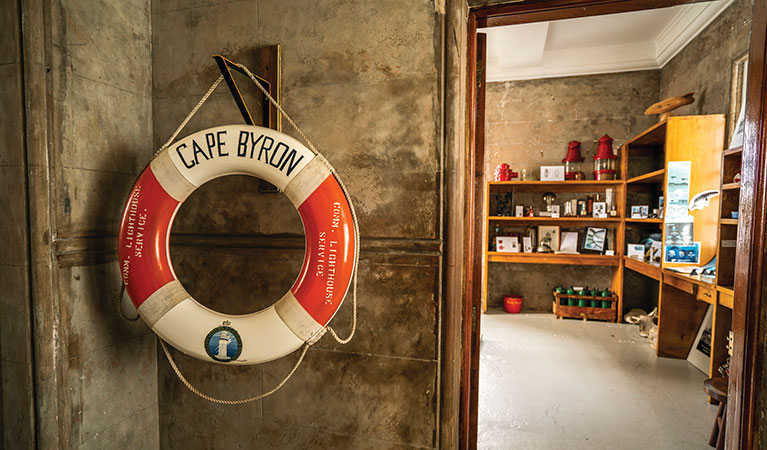School excursion
Cape Byron Lighthouse: A special place
Walgun Cape Byron State Conservation Area
Overview
Experience a bird’s eye view from the top of the iconic Cape Byron Lighthouse in this Early Stage 1 (Kindergarten) Geography excursion. Students will learn about the features of this special place and its significance to people and the community.
Read more about Cape Byron Lighthouse: A special place
This school excursion includes a guided tour through the Maritime Museum and up to the top of the lighthouse. Students will explore important features of the lighthouse and see the Cape from a different perspective.
With help from their guide, students will survey visitors and the community. Through conducting surveys, they’ll understand the significance of this place and how this may vary between different people.
Students will explore the state conservation area and find ways to care for this important place.
This program focuses on the use of geographical tools and processing geographical information. Students will learn to incorporate illustrated tables and surveys, and view, use and create maps.
For program outline, safety and practical information about this excursion, see info for teachers
| Stage | Early Stage 1 (Kindergarten) |
|---|---|
| Learning area | Geography |
| Student outcomes |
GEe-1. Identifies places and develops an understanding of the importance of places to people. GEe-2. Communicates geographical information and uses geographical tools. |
| Objectives |
Students will:
|
Excursion details
- When
Weekdays during school term.
- Availability
- Guided. Available on request.
- Duration
- 2hrs
- Grading
- Easy
- Price
- $12 per person (includes GST). Minimum fee of $240.00. Teachers and other staff are free.
- Accessibility
- Easy
- Meeting point
- Cape Byron Lighthouse precinct at the end of Lighthouse Road, Byron Bay. Groups meet on the verandah of the northern side of the Lighthouse Keeper’s Cottage (Walgun Cape Byron Information Centre).
- Equipment
provided - Yes
- Booking
- If you would like to organise a NPWS school excursion please get in touch with local staff or use the 'Enquire' link for the online form.
Local alerts
For the latest updates on fires, closures and other alerts in this area, see https://www.nationalparks.nsw.gov.au/education/early-stage-1-geography-cape-byron-lighthouse-special-place/local-alerts
Operated by
- School excursion inquiries - Byron Bay
- 02 6639 8300
- npws.tweedbyron@environment.nsw.gov.au
- Tallow Beach Road, Byron Bay NSW
Park info
- in Walgun Cape Byron State Conservation Area in the North Coast region
- Walgun Cape Byron State Conservation Area is open all hours, but may have to close at times due to poor weather or fire danger.
- Cape Byron Lighthouse lawn is open 8am to sunset.
- The Maritime Museum in the former Lighthouse Keeper’s office at the base of the lighthouse is open 10am to 4pm daily.
- Opening before 8am for events or disabled access can be arranged by prior notice – contact NPWS Byron Bay office during business hours 02 6639 8300.
-
Park entry fees:
Cape Byron Lighthouse lawn and Information Centre: $10 per vehicle per hour/$4 per hour motorcycles. Maximum 1 hour per vehicle per calendar day, including all NPWS annual passholders.
Bawaii rest area, Cosy Corner, and The Pass: $5 per vehicle/motorcycle per hour. Tap and pay card or phone payments accepted at pay machines. Cash and credit cards accepted at Walgun Cape Byron Information Centre.
Coach entry: $30 per coach up to 30 seats; $57 per coach 31 to 43 seats; $94 per coach 44 seats and over.
Buy annual pass.
Info for teachers
All the practical information you need to know about Cape Byron Lighthouse: A special place.

